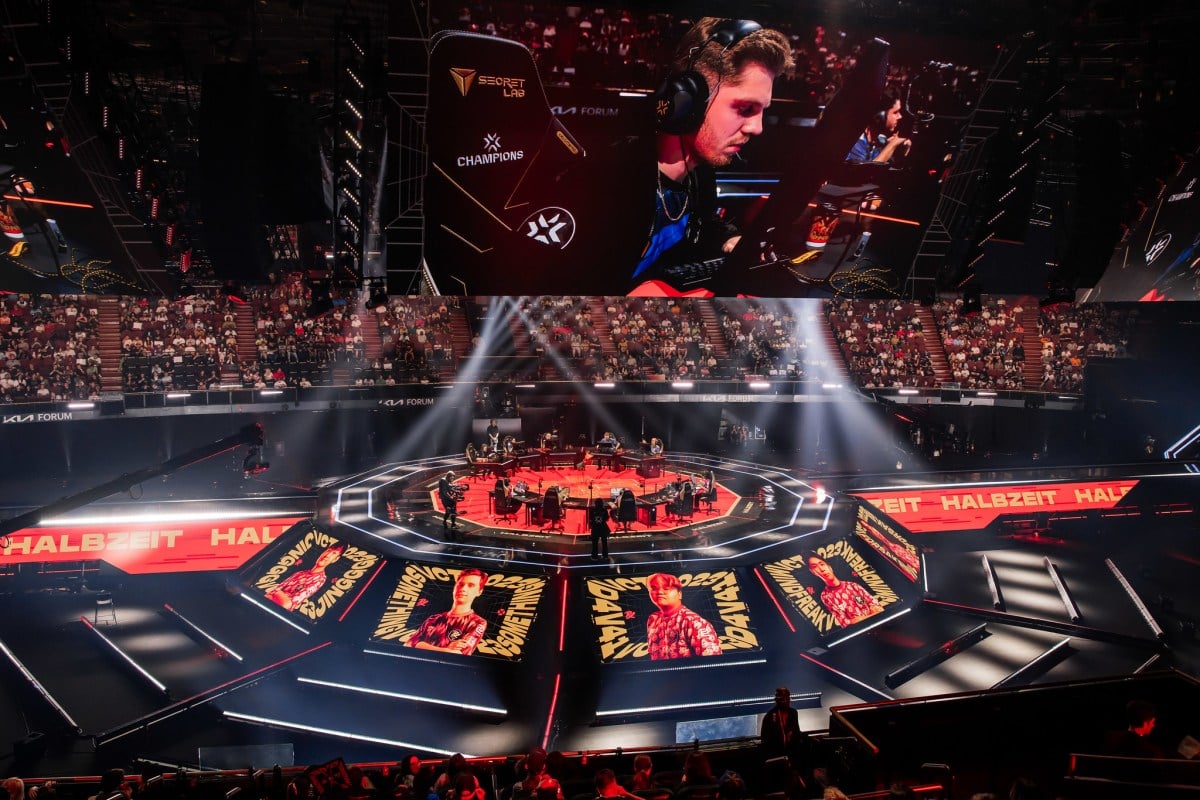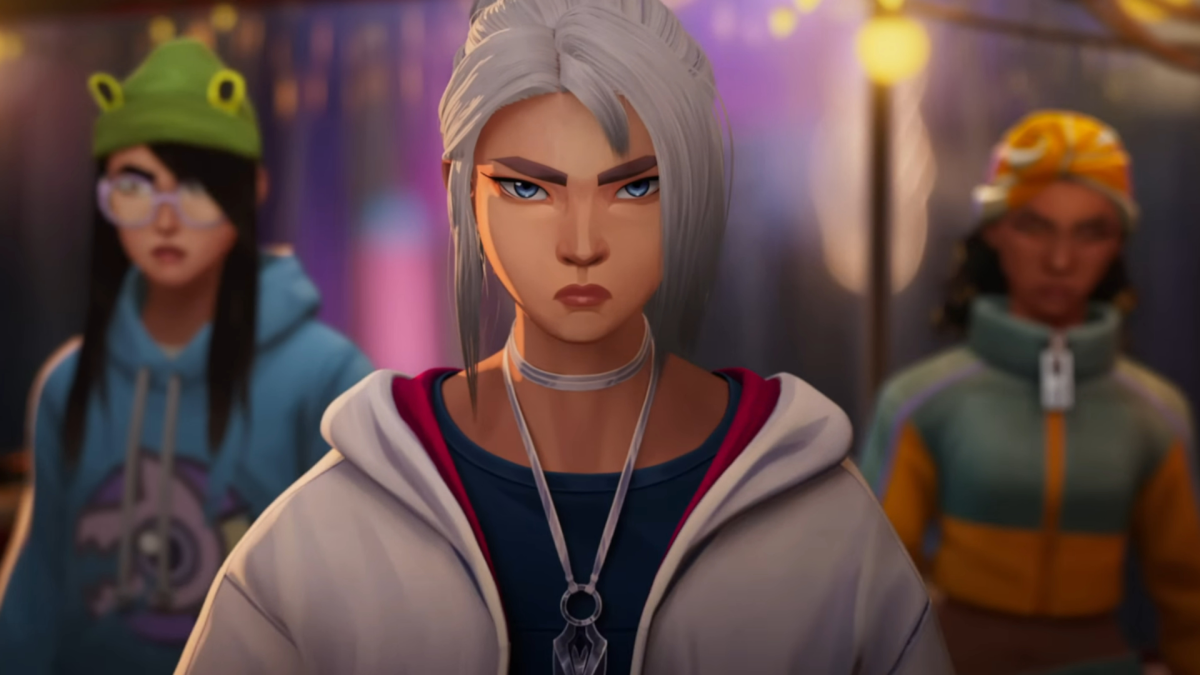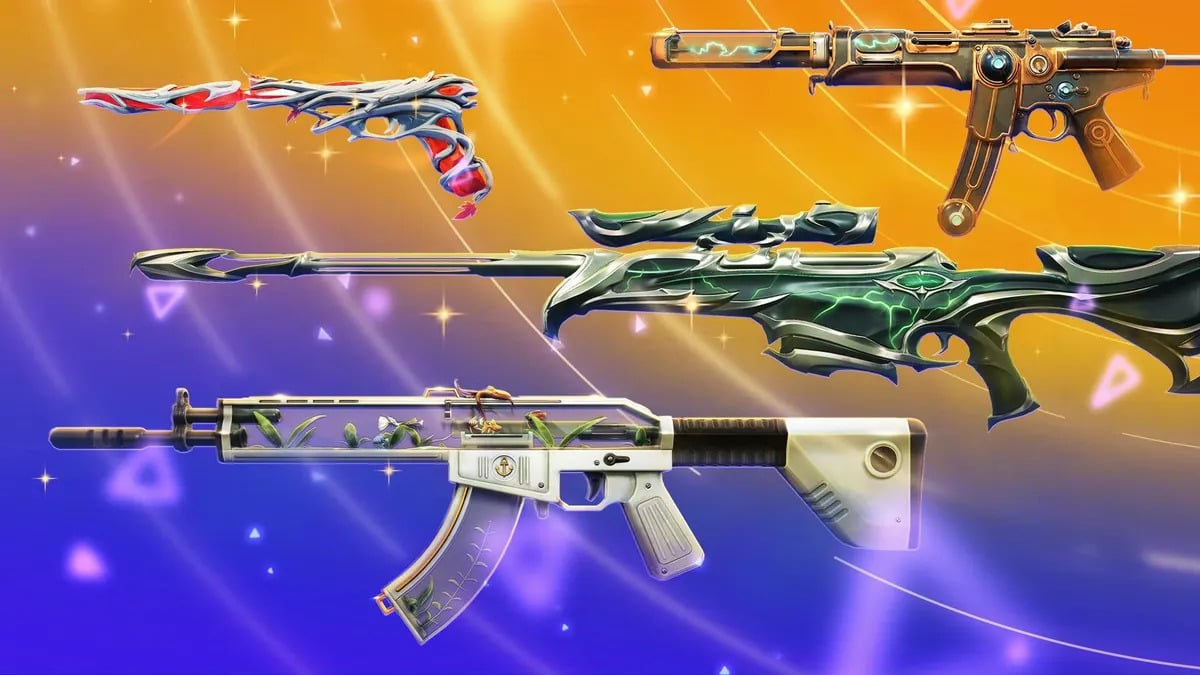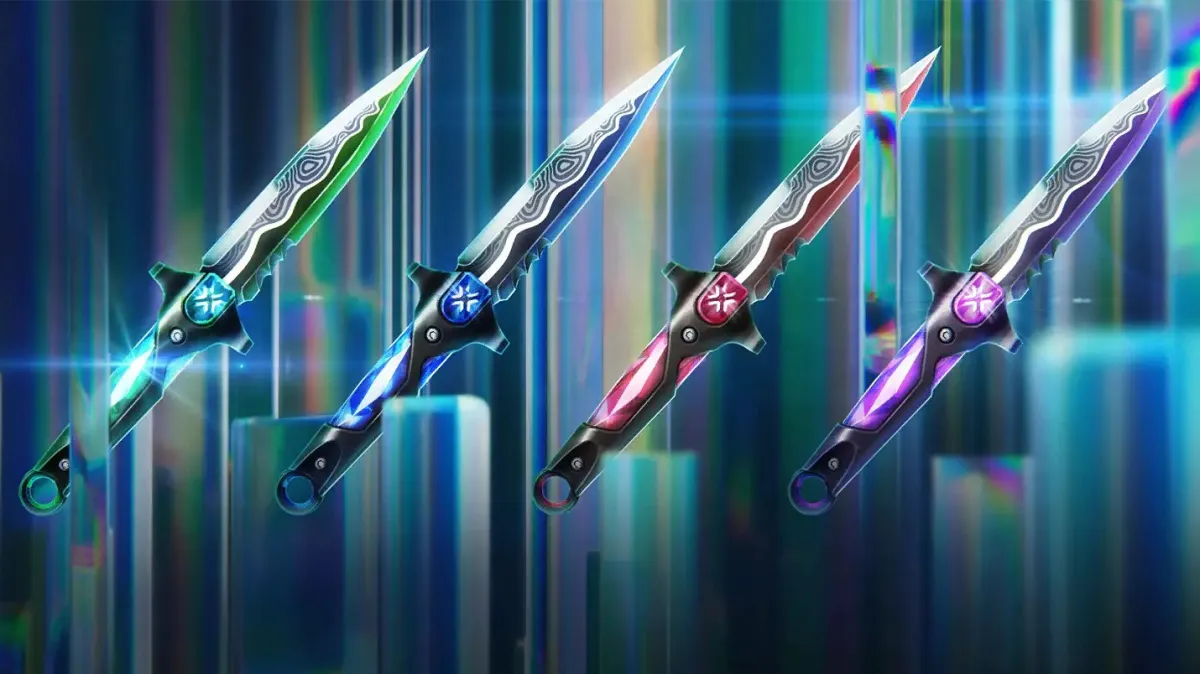In just two weeks, two separate VALORANT teams that earned the greatest achievement they could each respectively accomplish this year, achievements that by all means and purposes should secure their futures for the next year at least, had their futures thrown into the unknown by organizations that didn’t want to keep supporting them.
At the beginning of September, the players from The Guard found out on Twitter that their organization did not agree to the VCT Americas team participation agreement “after several months and rounds of communication.” To even have a chance to keep the spot they had earned by winning Ascension, the players have had to go out on their own and find a suitable organization to play for.
And just yesterday, the reigning world champion players on Evil Geniuses were reportedly told that they would have to take a “significant pay cut” to stay on the team and were given the option (and responsibility) of seeking outside offers.
Not only is this embarrassing for VALORANT as a whole, it’s potentially very damaging to the future of the professional ecosystem. As Ludwig so elegantly put it, “if being the best team in the fucking world doesn’t guarantee you job security what hope is there for esports?”
If winning the big one doesn’t mean keeping your job, or at the very least getting paid the same next year, why would any aspiring pro player even consider VALORANT anymore?
Let’s address the freezing cold elephant in the room though; the esports winter. Organizations are looking to scale back as the amount of revenue teams are generating isn’t keeping up with the investments made, and the promises made about esports events competing with the likes of the Super Bowl could not be kept.
The Guard made it clear back in February that it wanted out, but if you’re going to commit to employing players in Challengers, then backing out after you won should be met with harsher penalties.
EG’s cheapness is inexcusable. We heard directly from coach Potter herself that EG’s roster was already considered one of the cheapest in the league. Between the largest chunk of prize pool money earned by any team this year, Champions bundle revenue, sponsorships, stipends from Riot, team skins on the way, and more, why do the players have to take a significant pay cut to stay after winning Champions?
Per George Geddes, EG spent roughly $25,000 per main roster player this year. Not including the coaches or reserve players, that’s roughly $1.5 million a year just on the main roster players. Even if that’s not considered high relative to some other VCT Americas teams, it’s still a significant chunk of cash. But it is not the players’ fault that the organization set such a high salary bar, and no one in any line of work should accept less money to do the same job where they’ve already exceeded expectations.
But it’s not just about the players on The Guard and EG now, it’s about the next wave of players, and that’s why Riot needs to be involved. Riot and the team in VALORANT Esports have prided themselves on this path-to-pro system that theoretically rewards the most dedicated players; if you have the will and skill to go from Premier to a tier-one roster, you can supposedly do it.
But what’s waiting for them? Nearly having your VCT spot taken away because the organization that picked them up wants to bail? Having to take a significant pay cut after the greatest achievement any VALORANT player could accomplish?
Seeing what’s happening to today’s best players is likely to be extremely demotivating to players who have or had aspirations of becoming the best. If those players give up and play other games, the top tier of VALORANT suffers with the path-to-pro pipeline drying up. Some players are lucky to have supportive parents, but what happens when those parents warn others about letting their kids go pro?
I don’t claim to have the answer, but Riot, to its credit, has shown the ability to do what’s right for the players, even if it doesn’t necessarily get it right the first time. Perhaps it’s time to sit at the table with players and teams about a collective bargaining agreement, one that is sustainable and ideal for both themselves, players, and teams.
But I said this after the initial announcement about The Guard, and I’ll say it again here: If the whole point of this path-to-pro system is to reward the players who grind their way to the top, why are they always the least protected in these kinds of situations?







Published: Sep 12, 2023 10:55 am